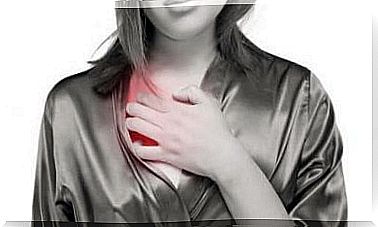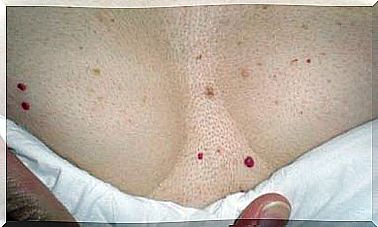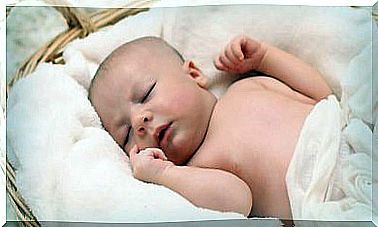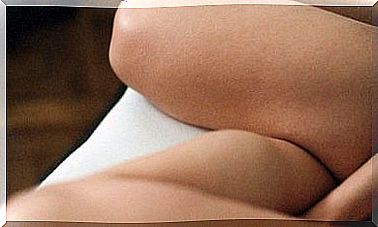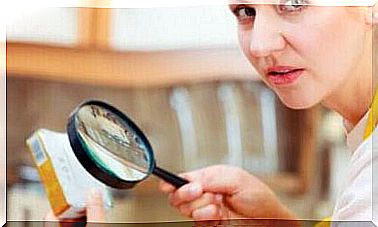Signs Of Depression You May Not Recognize

Depression modifies the chemical activity of the brain, allowing a patient to experience the world in a very different way than a healthy person. A depressed person may experience the actions and comments of others in a negative light, even though in reality they are completely harmless and ordinary. Signs of depression are not always those that are easy to identify.
Signs of depression
Depression is most often associated with a sad, unattainable feeling, but often the sufferer ignores his or her feelings and imagines that he or she is suffering from a transient phase.
When the signs of depression are such that they are not noticed in time, it becomes more difficult to treat the depression and healing slows down. Depression manifests itself differently in different people, but despite this, there are certain signs of depression that can be used to identify depression.
Many may not yet know what depression feels and looks like, so below we share 5 common depressive symptoms.
1. A surprising change in weight

One of the clearest physical signs of depression is rapid and surprising changes in weight.
If you lose more than 5% of your total weight or gain more than 5% in a month, it is a sign that something is wrong.
A sudden change in weight occurs when you do not follow a particular diet or consciously seek to change your weight. Depression is often associated with loss of appetite and weight loss, which at worst can lead to nutrient deficiencies.
Rapid weight loss can also be dangerous, as it can lead to e.g. anemia, severe tiredness and impaired concentration.
If you end up gaining weight during depression, you’ve probably started eating more to soothe the anxiety caused by depression. Eating can bring comfort and pleasure, so when depressed, you can subconsciously try to correct yourself by eating food.
2. Changes in sleep rhythm
This depressive symptom often becomes more severe as the depression worsens. Insomnia quickly leads to many physical and mental ailments. Insomnia is easy to diagnose and causes symptoms and reactions that can be identified immediately.
It is good to remember that insomnia and other sleep difficulties can also be caused by other causes. Stress, use of electronic devices before going to bed, eating a heavy meal, and other factors can make it difficult to fall asleep and impair sleep quality.
People with insomnia and depression often dream of sleeping all day and may fall asleep throughout the day. However, falling asleep at night is difficult, no matter how tired the patient is.
Help for insomnia should be sought as soon as possible, as in some cases a person ends up medicating themselves with alcohol or other unhealthy means.
3. Irritation and anger
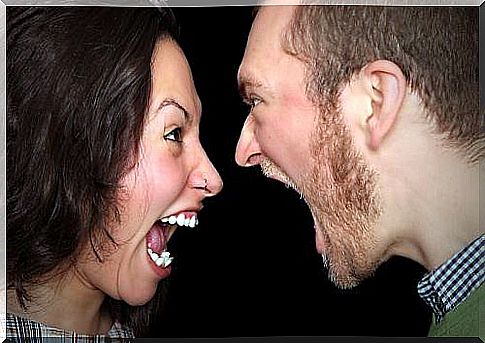
Negative changes in mood are common in the depressed: caring, grief, and other depressive thoughts take over the head. Often, insomnia and dietary deficits exacerbate symptoms.
Sometimes a depressed person gets angry and irritates quickly. The surface of a depressed person can be tense, and colleagues or friends may not understand why the mood swings are due. Sometimes a depressed person longs for loneliness and wants to avoid meeting other people, in these cases a depressed person may become isolated from others, deepening their depression and feeling of loneliness.
Depression changes brain chemistry, distorts perspective, and makes it difficult to communicate with other people.
4. Feelings of guilt
A depressed person may feel constantly guilty. Sometimes this leads to the depressed sinking deeper and deeper into negative emotional experiences. The feeling of guilt grows especially when a depressed person makes bad decisions in his burst of sadness or when he has to discuss difficult things with loved ones.
Guilt is a tricky factor in depression, as it is closely related to social relationships and can make it more difficult to seek help and support. A depressed person can blame themselves for their problems and does not feel open to others.
5. Pain and ache

Until a few decades ago, health professionals did not believe that emotions had a connection to physical pain. However, after several studies, it has been concluded that emotions have a big impact on what happens in the body and how pain is treated. The link between emotion and pain is strong.
A depressed person may feel particularly sensitive to touch and may suffer from muscle pain, stiffness or intestinal problems.
These symptoms can also be caused by many other health problems, so it is important to determine where the pain and aches come from. Sometimes it can also be stress or other psychological ailments.
Depression is a serious illness that usually involves severe grief, inability, fatigue, and crying. Depression is a dangerous and complex illness that requires the care of a professional helper.


